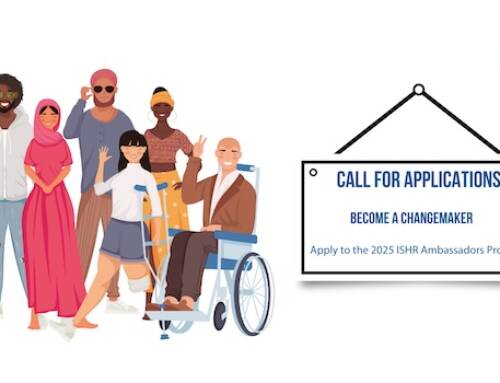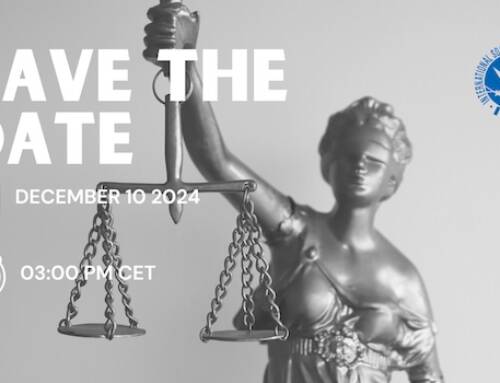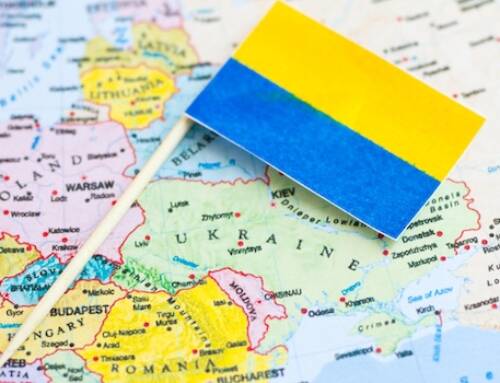
A call to Tolerance
While on trial on 23 December 2009 Nobel Laurette Liu Xiaobo, looked toward the people who were part of the system that oppressed him and stated:
Hatred is corrosive of a person’s wisdom and conscience; the mentality of enmity can poison a nation’s spirit, instigate brutal life and death struggles, destroy a society’s tolerance and humanity, and block a nation’s progress to freedom and democracy.
As the world marks the International Day for Tolerance on 16 November, the words and voice of Liu should reverberate across the globe—from the divisive politics of Europe to the equally polarized American society, to conflict-stricken Middle East and Africa, and Yes, to the regime in China too. More than ever before, the world is facing an increase in the antitheses of tolerance; violence, conflict, Antisemitism, Islamophobia, homophobia, religious extremism, ethnic cleansing, invasions, and numerous other extremes. These run counter to the aims of the international order established after the regrettable events of the first half of the 20th Century. The World is currently experiencing crises whose premise is on intolerance, on the lack of co-existence amidst the differences, on the desire to be superior and vanquish another category of People. This is exemplified by the current war in the Middle East, the Invasion of Ukraine by Russia, the conflict in Sudan, the murder of politicians in South America. The neglect and mistreatment of migrants on the chores and interiors of Europe fueled by uncompassionate politicians all have further contributed to the growing wave of intolerance on the globe. For many states, political opponents are seen as enemies and not competitors, they are persecuted in the harshest of ways. Tolerance, the first step of harmonious existence, is increasingly becoming hard to attain. This in turn jeopardizes the progress of other ideals such as acceptance, love, and compassion.
Therefore, it is imperative that the global community, and individuals understand the existential crisis that humanity faces should tolerance be cast out of the window. It will require concerted efforts, compromises and a strong application of International Human Rights law that binds everyone to proactively pursue the ends of tolerance. On the 2015 observance of the International Tolerance Day, the then UN Secretary General, Ban Ki-moon was emphatic in underscoring the importance of Tolerance:
Tolerance is much more than passively accepting the other. It brings obligations to act, and must be taught, nurtured, and defended. Tolerance requires investment by States in people, and in the fulfilment of their full potential through education, inclusion, and opportunities. This means building societies founded on respect for human rights, where fear, distrust and marginalization are supplanted by pluralism, participation, and respect for differences.
In the same ambit the words of Mahatma Gandhi ought to remind us that anger and intolerance are the enemies of correct understanding. If the states and individuals uphold the principles of tolerance amidst the various circumstances that make all of us different, then shall we have the ability to understand each other, to speak compassionately to each other, to denounce violence and bigotry in all their forms.
There is still a chance for tolerance.





